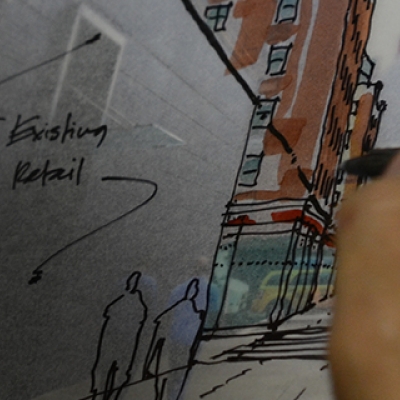The push for organic food to supplant conventionally produced food (i.e., produced with pesticides, supplements and artificial fertilizers) has always been hampered by the claim that the organic production style couldn’t provide the volume of food needed to supply the US population. That claim was not really based in reality so much as a number of predictions about production costs, food costs, and backlash from invested corporations. With 100 million acres of prime US farmland being used to produce field corn, a crop that is diverted almost entirely to animal feed and ethanol pro










